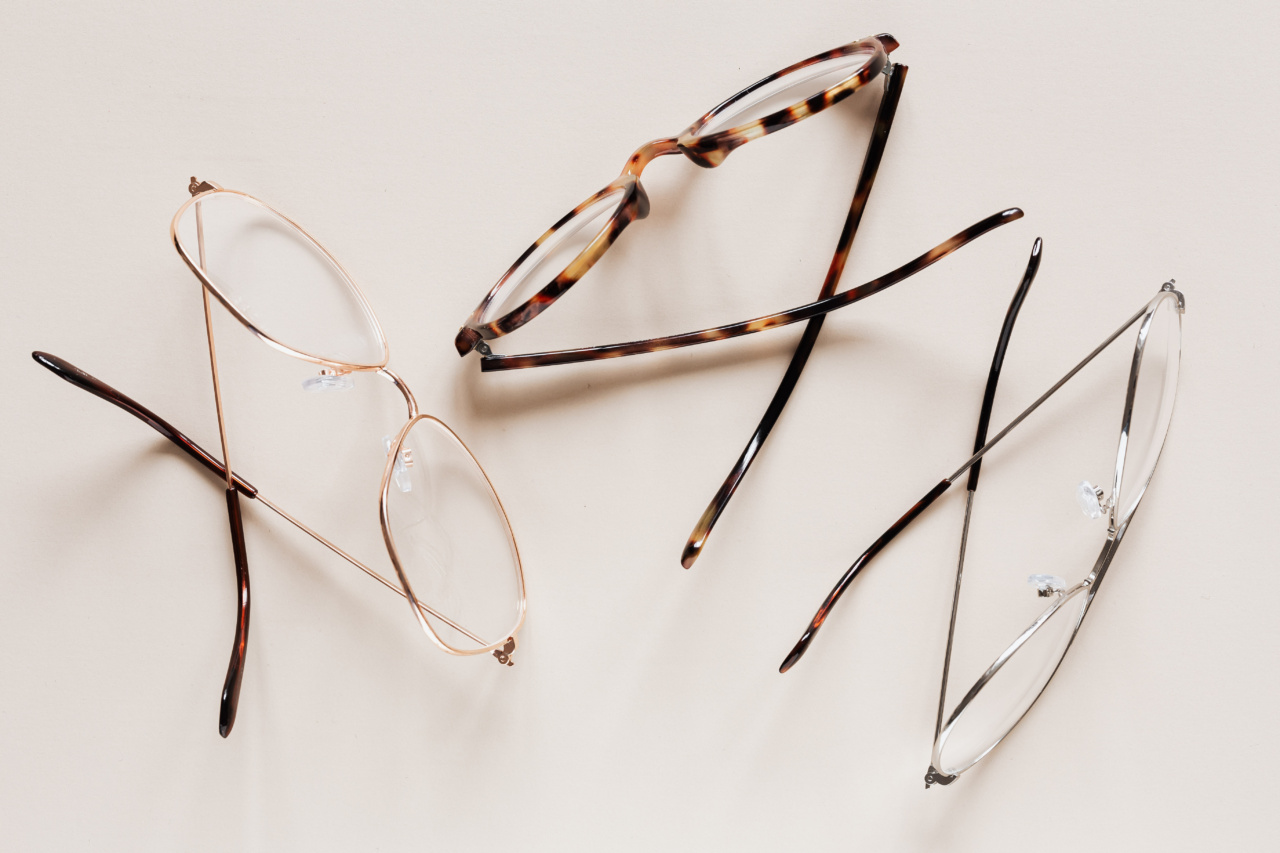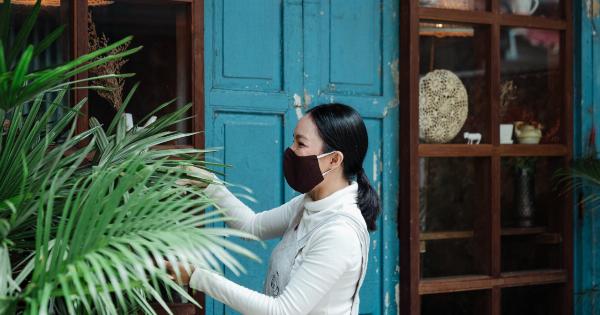Our eyes are one of the most important organs in our body, allowing us to see and experience the world around us. However, many people tend to take their eyesight for granted until problems arise.
Whether you are in your twenties or in your golden years, it’s never too early or too late to start taking care of your eyes. Here are some top tips for protecting your eyesight at every age:.
1. Schedule Regular Eye Exams
Regular eye exams are crucial for maintaining good eye health. Even if you have excellent vision, routine eye exams can help detect any potential eye problems or diseases in their early stages.
It is recommended to have an eye exam at least once every two years, or more frequently if you have existing eye conditions or a family history of eye diseases.
2. Eat a Balanced Diet
Your diet plays a significant role in maintaining good eye health. Include foods that are rich in vitamins A, C, E, and minerals like zinc and omega-3 fatty acids.
Some examples of eye-healthy foods include carrots, leafy greens, citrus fruits, fish, and nuts. A balanced diet not only supports overall health but also benefits your eyes in the long run.
3. Protect Your Eyes from Harmful UV Rays
Exposure to harmful ultraviolet (UV) rays can increase the risk of various eye conditions, including cataracts and age-related macular degeneration.
Whenever you step outside during daylight hours, make sure to wear sunglasses that offer 100% UV protection. Additionally, wearing a wide-brimmed hat can provide extra protection for your eyes against the sun’s rays.
4. Take Breaks During Screen Time
In today’s digital era, most of us spend a significant amount of time in front of screens, whether it’s from computers, smartphones, or tablets. Prolonged screen time can cause eye strain, dryness, and fatigue.
To protect your eyes, follow the 20-20-20 rule – every 20 minutes, take a 20-second break, and look at something 20 feet away. This helps reduce the strain on your eyes and gives them a chance to relax.
5. Quit Smoking
Smoking is not only detrimental to your overall health but also harms your eyes. It significantly increases the risk of developing age-related macular degeneration, cataracts, and optic nerve damage.
If you smoke, take steps to quit and protect your vision for a lifetime.
6. Maintain a Healthy Weight
Being overweight or obese can increase the likelihood of developing various health conditions, including diabetes.
Uncontrolled diabetes can lead to diabetic retinopathy, a condition that affects the blood vessels in the retina and can cause vision loss. By maintaining a healthy weight through a balanced diet and regular exercise, you can reduce the risk of diabetes and its associated eye complications.
7. Practice Good Hygiene
Practicing good hygiene is essential to prevent eye infections and other eye-related issues. Wash your hands thoroughly before touching your eyes or applying contact lenses.
Avoid sharing personal eye care items, such as towels or mascara, to reduce the risk of infection. Additionally, make sure to remove your makeup before going to bed to avoid potential irritation or infections.
8. Stay Hydrated
Proper hydration is not only essential for overall health but also for maintaining good eye health. Dehydration can cause dry eyes, which can be uncomfortable and lead to eye strain.
Make sure to drink an adequate amount of water throughout the day to keep your eyes well-hydrated and prevent dryness.
9. Use Proper Eye Protection
Whether you are engaging in sports or working on household projects, wearing appropriate eye protection is crucial. Safety glasses or goggles can shield your eyes from potential debris, chemicals, or sharp objects that could cause eye injuries.
Always prioritize eye safety and wear suitable protective eyewear whenever necessary.
10. Be Mindful of Your Family History
Some eye conditions, such as glaucoma and macular degeneration, can have a genetic component. If you have a family history of any eye diseases, it’s important to inform your eye doctor.
They can closely monitor your eyes and advise you on appropriate preventive measures or early interventions, if necessary.
By following these top tips, you can significantly reduce the risk of developing eye problems and ensure your eyesight stays healthy at every age. Remember, prevention is key when it comes to eye health.






























